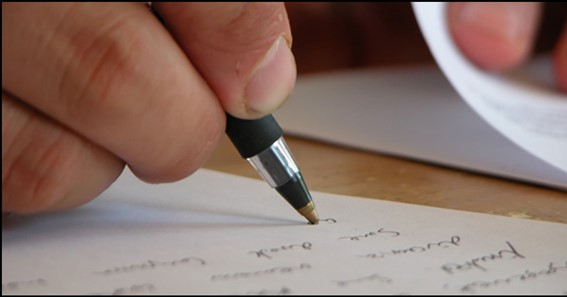Studying for thermodynamics can be overwhelming, but don’t worry! We have a list of tips to make your studying much easier.Follow the pdf of ncert physics class 11 provided as study material by InfinityLearn.
- Make sure you understand the definitions and formulas.
To do this we recommend you to have not just a theoretical understanding but to be able to apply them. Make sure you understand the differences between the following: state functions, intensive and extensive properties, internal energy, temperature and entropy.That is: equilibrium, systems, surroundings and their interactions, processes, equipment and its uses.
- Learn how to solve problems mentally without writing anything down
Most students have a very difficult time learning thermodynamics by trying to make sense of the equation alongside the problem at hand. As a result they spend too much time reading the question and then writing out the formula or equation before trying to answer it.In addition make sure you understand the different state functions like pressure, density and temperature from ncert 11 physics book.
Click here – Netflix Subscribers decrease for the first time in a decade…
- Get a study partner to review concepts with before an exam.
Ask them to review the concepts and find out what they feel is the most important.
This will also help you remember things as well as make sure you know what they’re talking about.
- Take practice exams and review them before the actual exam.
Don’t wait until the day of the exam to take a practice test, take a practice test every week or every month.Also it is important to review your mistakes and rework on many questions until you know the content by heart.
- Observe classroom lectures with a pen so that you can write down formulas and equations you didn’t completely learn yet
You can also use this method for learning other physics concepts like mechanics, electric circuits just to name a few. You will be surprised how much stuff starts to stick when you get it in writing.
- Have a problem solving approach that’s more intuitive.
Instead of approaching problems from a higher level such as heat transfer, work and energy, work functions, etc, try to approach them from an intuitive perspective. This will help you see things in a different way and also helps take you into the actual underlying mechanisms behind thermodynamics concepts. Use your intuition to break down thermodynamic processes into simpler ones so you can better understand them.
- Do at least one problem daily.
For example, instead of waiting to do your homework and cram on the last day, do problems daily. This will help you understand processes and relationships between concepts better.
- Think about thermodynamics like a problem solver.
Instead of thinking of thermodynamics as a subject that defines the laws of physics, think about it as a problem solver – this will help you understand concepts better.
- Do problems using different tools.
Try doing them by looking at the equation, by looking at the change in enthalpy, or by just trying to think about how changes in enthalpy will result in changes in entropy, etc.
- Make sure you understand what you’re reading and why it’s important
Before you read anything, make sure you understand why it’s important and remember that if a concept seems like a lot of work to memorize and understand then chances are it will come up on an exam so be prepared for it.
- Go and do problems from the books
Instead of cramming on the day before an exam, go and do problems from the book. Try to do problems that use concepts you already understand so you can understand them better.This will also help you remember what you’ve read.
- Clearly define your goals and objectives, so that you know exactly how to approach the exam
This will help you stay focused on what’s important and give you a good idea of what’s likely to come up on the exam. In addition make sure you time yourself, practice answering questions quickly, and knowing how much time you have for each question. This will allow you to stay focused on the important details and reduce your chance of running out of time.
Conclusion
One of the best ways to study is to read a chapter, do problems in a notebook, review them and then redo them later. That is, don’t write down the answer in your notebook – instead try to find it on your own. Doing this over and over again will help you understand concepts much easier than just writing down answers in your notes. You’ll also internalize the processes much better by doing this same exercise over and over again. Doing problems in a notebook will also help you organize things better so you can find things faster when you need to look up concepts quickly for an exam.
Click here – Power Naps: Know How To Take Naps Effectively
To Know Some Great Stuff Do Visit TeluguWiki
To Know Some Great Stuff Do Visit TheHindiGuide
To Know Some Great Stuff Do Visit TheSBB

